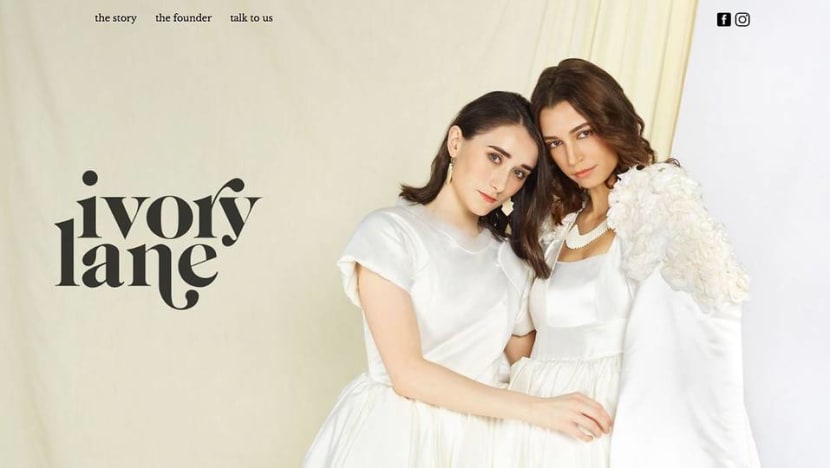Slammed 'ivory store' part of WWF campaign to raise awareness on Singapore wildlife laws

A visual from the Ivory Lane campaign. (Photo: WWF website)
SINGAPORE: An online store slammed for "selling" accessories made of vintage ivory was in fact part of a campaign by the World Wide Fund for Nature (WWF) to raise awareness about the "shortcomings" of local wildlife laws, said WWF in a statement on Tuesday (Aug 7).
The store, which appeared to have been launched on Jul 31, claimed to sell "unique accessories ... crafted with one of the purest elements of nature, ivory".
Social media users left hundreds of comments on its Facebook and Instagram pages, describing the business as "despicable", "disgusting" and "tasteless".
On Monday morning, the store responded to the backlash, saying: "We understand the concerns and would like to assure that the ivory we use is completely legal in Singapore (as it was made with) vintage ivory, before 1990."
Many continued to rail at the business, with one user, Max Remark, saying: "Ivory is Ivory - and elephants have died for it. Selling ivory - even 'vintage' ivory - creates and keeps the market alive, and thus the trade and finally the killing."
It was not until early Wednesday morning that the WWF revealed it was behind the fake business.
"BRAND MAY BE FICTIONAL, BUT ISSUES ARE REAL"
Even then, the reactions were mixed.
Some called the campaign "disrespectful", "childish" and "in bad taste", while others applauded WWF's efforts, describing it as "well-played" and "brilliant marketing".
Responding to this, WWF told Channel NewsAsia: "The brand may be fictional, but the issues highlighted are real.
"Ivory traders are still operating in Singapore and catering to demand for ivory products. In the meantime, the global trade in elephant ivory claims one African elephant every 25 minutes.
"On issues concerning local laws on ivory and wildlife trade, the voices of people in Singapore speak louder than any organisation.
"Ivory Lane was the vehicle to bring out these opinions, as it highlighted the significant gap between what people in Singapore thought about ivory and what was actually happening."
WWF pointed out that ivory that entered the market before 1990 is permitted for sale in Singapore and this facilitates illicit ivory trade globally as recently poached ivory may be masqueraded as vintage.
However, survey results showed only 8 per cent of people in Singapore understood the current legislation, while 50 per cent thought that the trade of elephant ivory was already banned here, said WWF.
“It is not easy to understand wildlife laws and what is legal and not, a reality that is often misused by illegal traders. The general uncertainty leads to illicit wildlife trade hiding in plain sight. We set up the online shop, Ivory Lane, on the same legal premise that the real ivory traders use to operate in Singapore,” said WWF-Singapore's chief executive Elaine Tan.
WWF said its ivory shop campaign reached 250,000 people and garnered 65,000 reactions within six days, and "sparked off a heated public debate on wildlife trade, national legislation and enforcement in Singapore".
Ivory Lane is not the first publicity campaign to raise eyebrows in recent years. In 2010, SingPost apologised for a vandalism stunt meant to promote a post box art competition.












